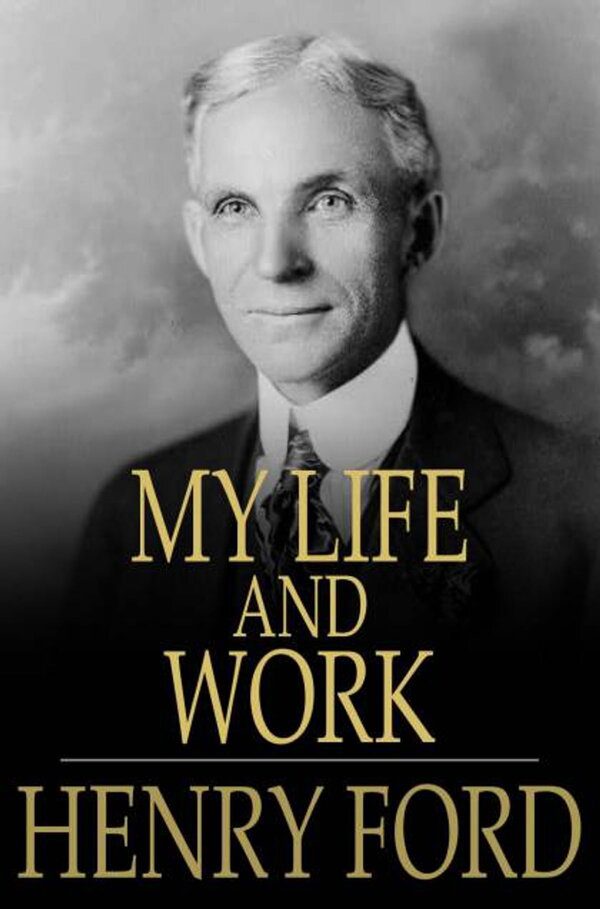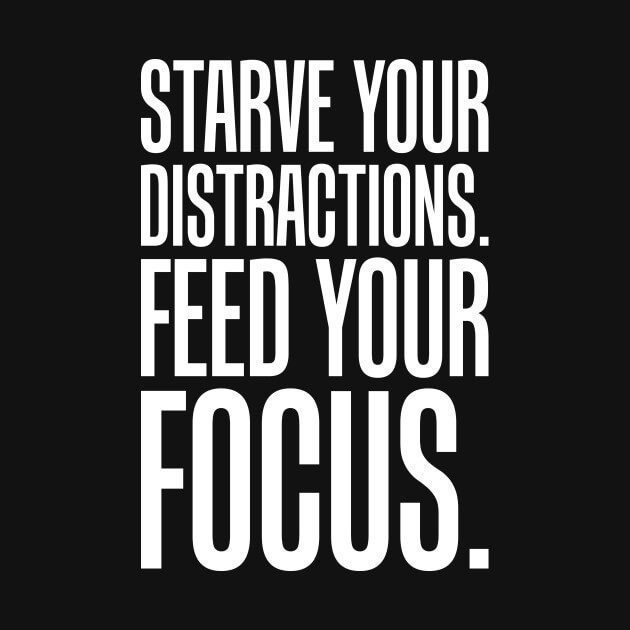Chinese writer Lin Yutang observed in The Importance of Living. “Besides the noble art of getting things done, there is the noble art of leaving things undone. The wisdom of life consists in the elimination of non-essentials.” The path to becoming a whole individual is a lifelong journey that involves trial and error, making mistakes, stumbling on epiphanies and gaining insights into the journey. Eliminating non-essentials in life is essential for living a life of purpose. We live in a world constantly bombarded with data, noise, shallowness and short-term thinking tools.
“To be yourself in a world that is constantly trying to make you something else is the greatest accomplishment.” ― Ralph Waldo Emersons
In the past 3-5 years, I have had to let go of many non-essentials. Some of these non-essentials include draining relationships, watching 8-10 hours of soccer every weekend, deleting/deactivating all my personal social media accounts except Linkedin (Linkedin Learning), and unsubscribing to Netflix plus Apple Music. Most of these activities I had to let go of were not easy to pull the plug on. I used to love most of these activities and still love them, but the season of life I am in right now does not allow me to put in the same time and energy as I did earlier.
To live a more balanced existence, you have to recognize that not doing everything that comes along is okay. There’s no need to overextend yourself. All it takes is realizing that it’s all right to say no when necessary and then focus on your highest priorities. – First Things First
I have tried to cut down or eliminate some fitness activities such as daily basketball shooting, volleyball, and badminton, and slowly reduce the time used for playing pickleball. We all have the same 8,760 hours yearly and for an eighty year old live (average life expectancy) that is around 700,800 hours. One-third of that time (233600) will be spent sleeping, and another 1/3rd will be used for working and commuting. When one now adds entertainment (TV watching, social media, instant messaging) to the mix, we have less than 150,000 hours to pay attention to the most essential things in our lives. Anything that is not helping you get traction is a distraction. To achieve any goal, one has to starve their distraction and focus on the essentials.

My effort is in the direction of simplicity 1. People in general have so little and it costs so much to buy even the barest necessities (let alone that share of the luxuries to which I think everyone is entitled) because nearly everything that we make is much more complex than it needs to be. Our clothing, our food, our household furnishings—all could be much simpler than they now are and at the same time be better looking. Things in past ages were made in certain ways and makers since then have just followed.
Real simplicity means that which gives the very best service and is the most convenient in use.
Start with an article that suits and then study to find some way of eliminating the entirely useless parts. This applies to everything—a shoe, a dress, a house, a piece of machinery, a railroad, a steamship, an airplane. As we cut out useless parts and simplify necessary ones we also cut down the cost of making. This is simple logic, but oddly enough the ordinary process starts with a cheapening of the manufacturing in- stead of with a simplifying of the article. The start ought to be with the article. First we ought to find whether it is as well made as it should be—does it give the best possible service? Then—are the materials the best or merely the most expensive? Then—can its complexity and weight be cut down? And so on.
Meditations
Daily Calm with Tamara Levitt – Effort
There is a famous story about a lute player who was discouraged about his progress with his meditation, and he went to the Buddha to ask for instructions on what he could do to attain better mindfulness. The Buddha asked
“What happens when you tune your instrument too tightly?”
“The strings break,” replied the lute player.
“And what happens when you string it too loosely?”
“When it’s too loose, no sound comes out,” he answered.
“The string that produces a tuneful sound is not too tight and not too loose.”
“That,” said the Buddha, “is how to practice: not too tight and not too loose.”
In meditation, we tend to either be slackers or strivers. The strivers approach meditation like it’s a competitive sport and want to win. The slackers tell themselves that there is no need to try at all. But meditation is all about relaxing and letting go. The truth lies in the middle; we need effort and relaxation to meditate well.
“There is virtue in work and there is virtue in rest. Use both and overlook neither.”― Alan Cohen
Daily Jay with Jay Shetty – Don’t Devalue Yourself
True humility is seeing where you struggle while keeping perspective on where you shine. What we say can affect our feelings far more than we realize. Our language can shape our mindset, convincing us that if or we are really no big deal. Everything that you offer the world can be meaningful. Don’t devalue your talent or your time. Your gifts may seem insignificant or easy to you, but in reality, they are genuinely great.
Daily Trip with Jeff Warren – Existential Wonderment
Podcast
- Content Creator: Rosanna Pansino | How I Built This with Guy Raz
All the best in your quest to get better. Don’t Settle: Live with Passion



Comments are closed.